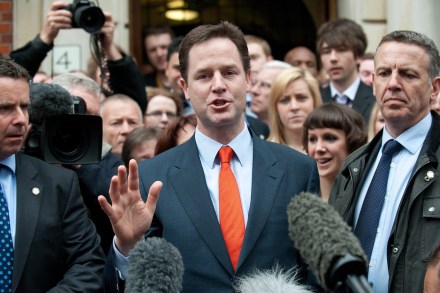Labour’s October putsch against Hodges
Comrades! There is a traitor in our midst. Word reaches Mr Steerpike that the phones are red hot in Labour circles as party hacks consider expelling a vocal enemy of the leadership. Dan Hodges — Labour insider turned Telegraph writer — has been a vociferous critic of Ed Miliband. He also hated Ken Livingstone so much that he urged his readers to vote for Boris. Now delegates to this year’s Labour Party Conference are being sounded out on whether they would support a motion to have the fiery scribe banished from the party. The motion will appeal to the Labour National Constitutional Committee to expel Hodges on grounds













